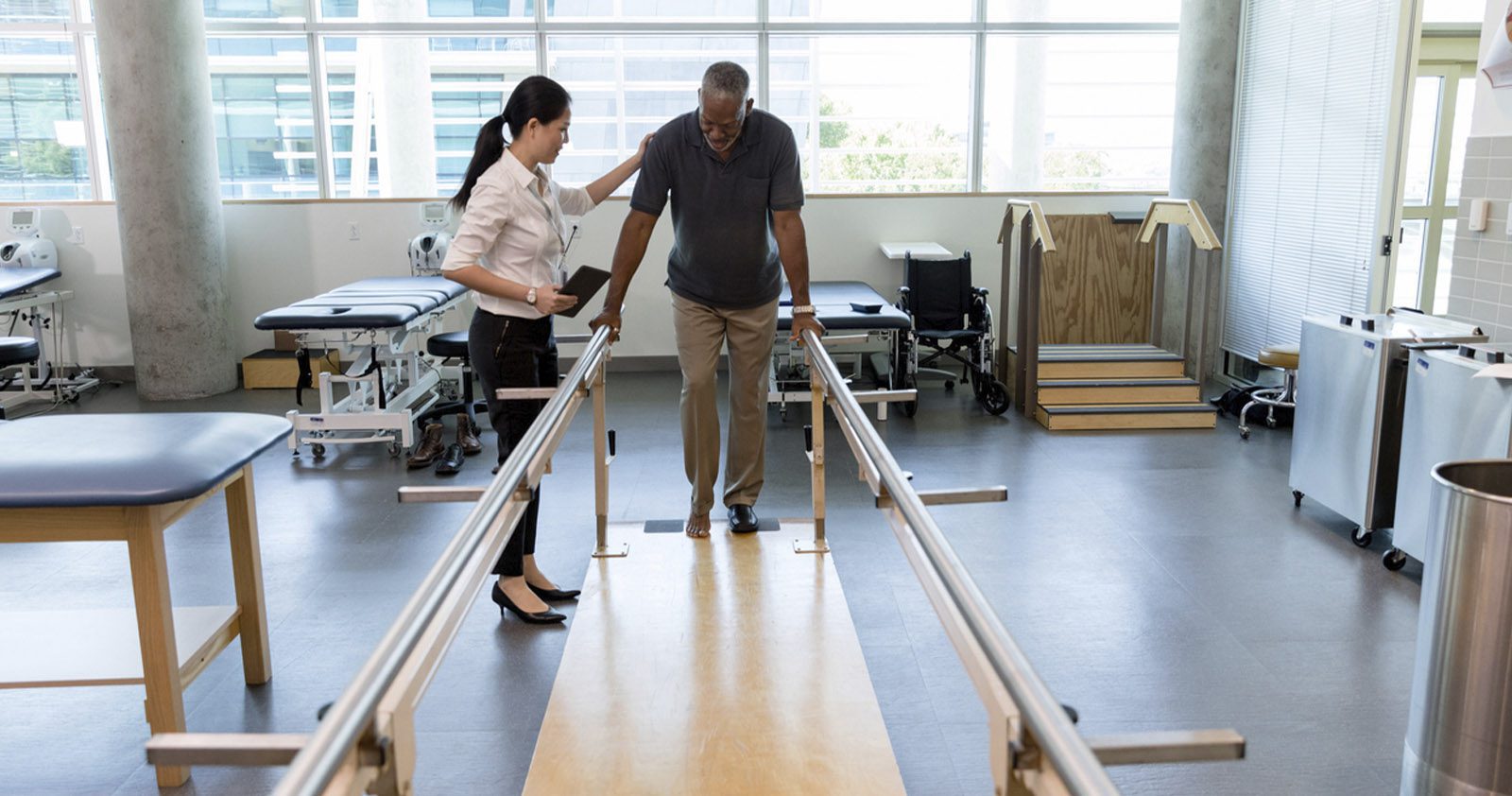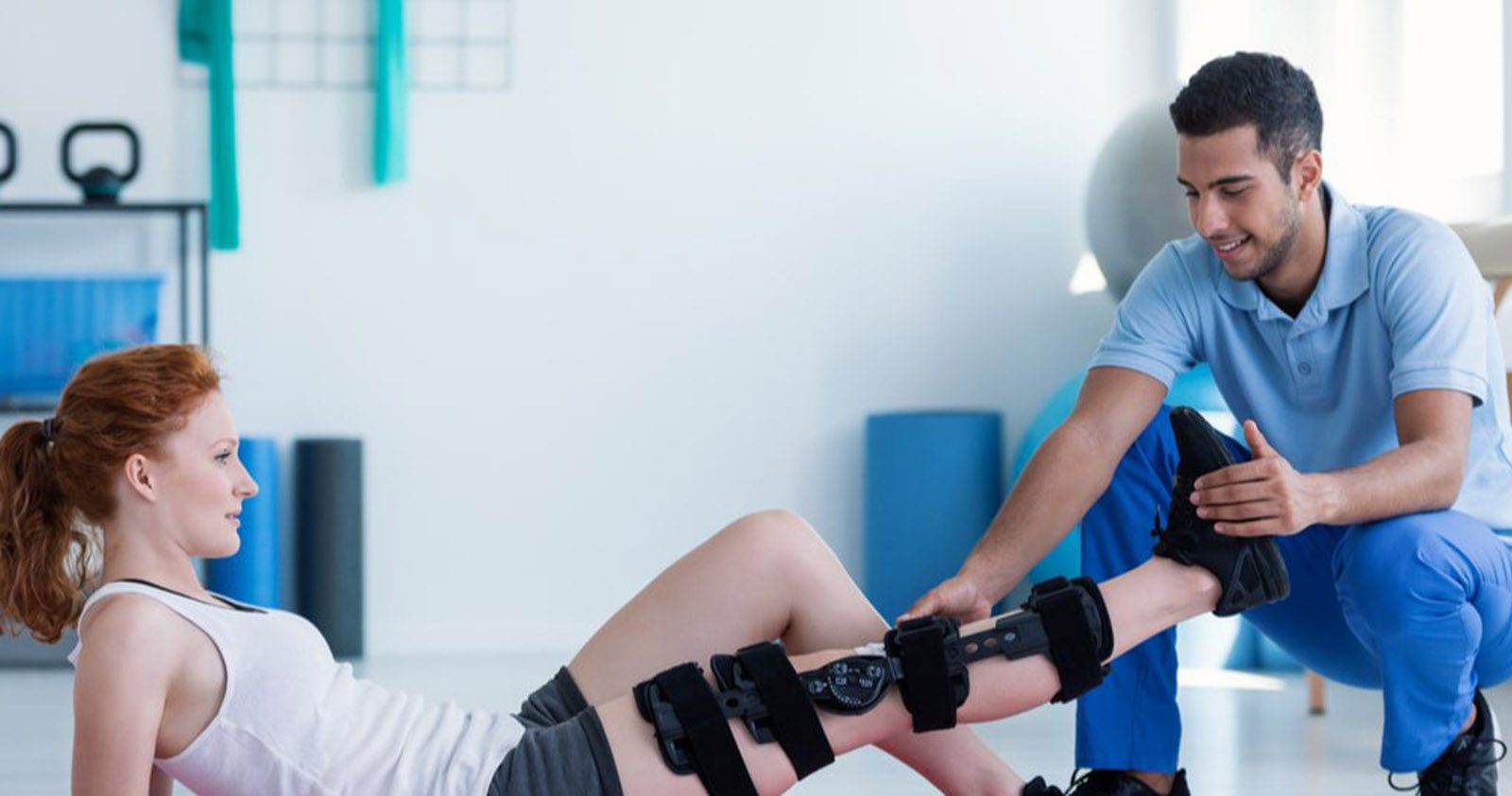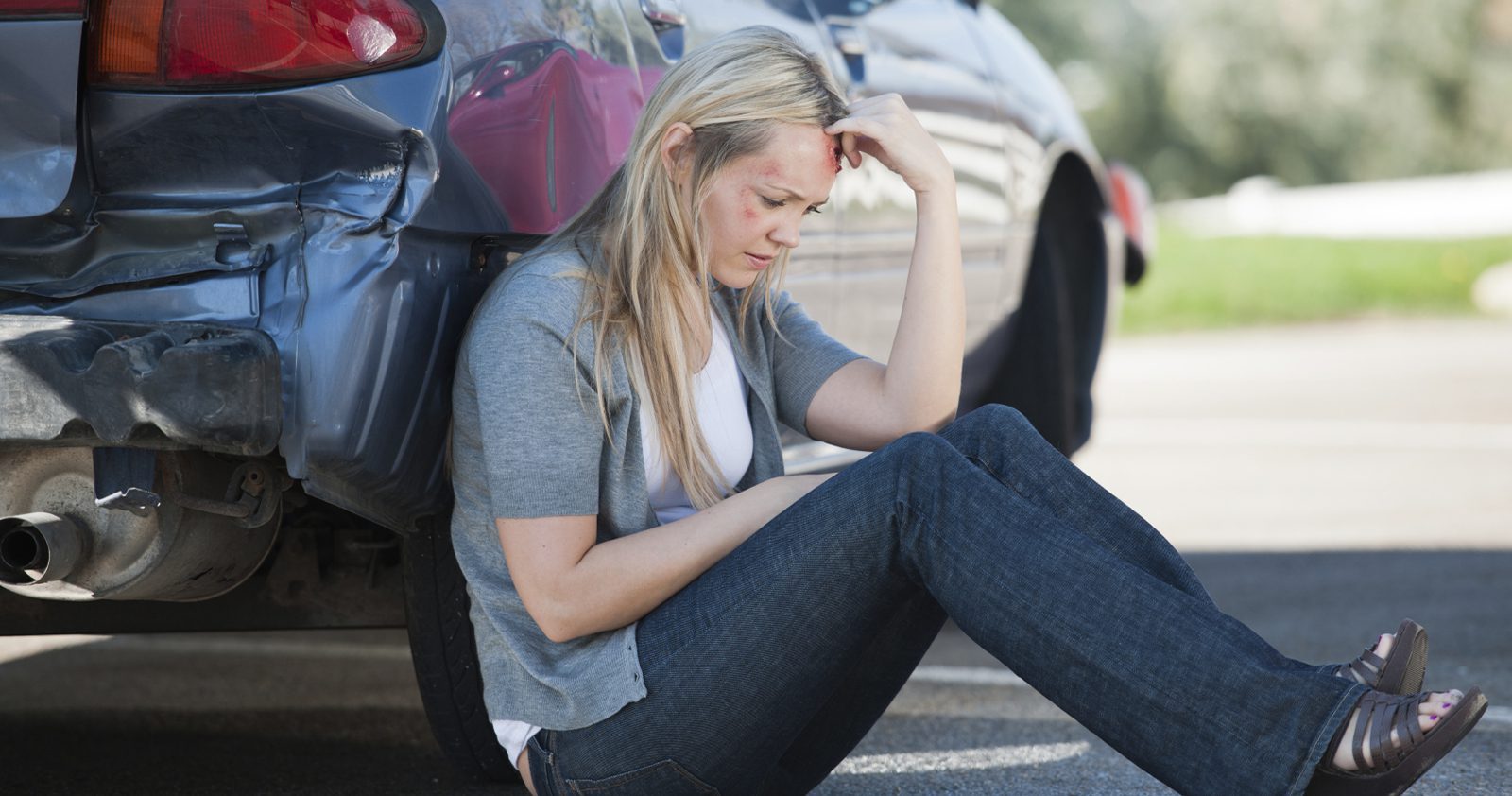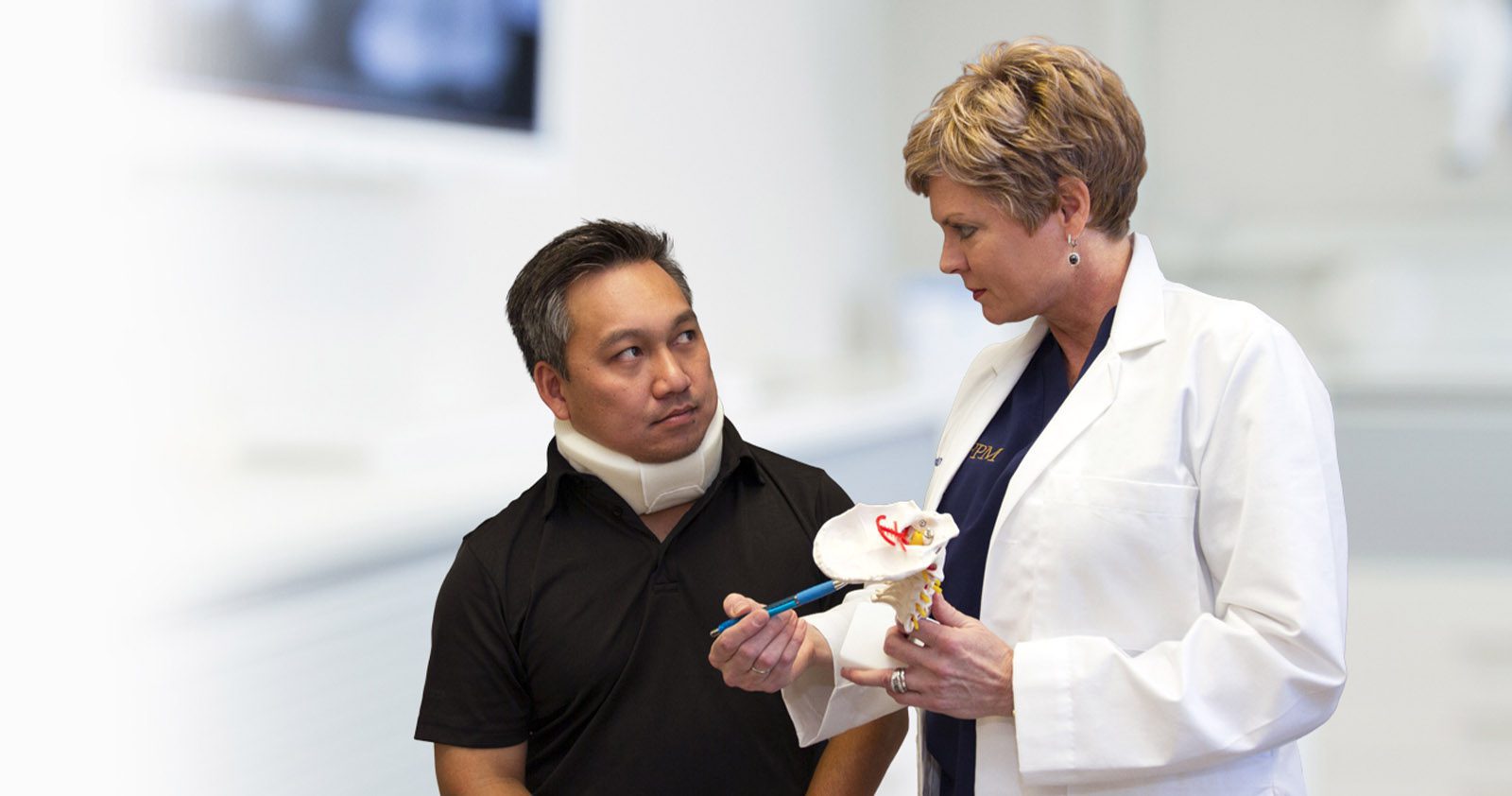Most people typically associate car accidents with immediate physical damage and potential sequelae that could appear over time. However, we rarely consider other injuries and illnesses, some of which could be pre-existing and worsened by the accident, or even the emotional and psychological trauma that can appear. According to the Center for Disease Control (CDC), about three million people in the US are injured every year in car accidents.
Although accident victims might suffer severe injuries, they may not feel symptoms immediately. This happens partly because of the adrenaline rush and shock they go through while their bodies figure out what’s going on.
Another reason they may not notice an injury for a while is because the soft tissues can swell long after the trauma occurs. Pain in one part of the body can also go unnoticed when more intense pain is focused elsewhere.
This phenomenon may also apply to post-traumatic stress disorder (PTSD), which develops in people who have experienced a shocking, scary, or dangerous event. For example, the mental or emotional consequences of a car accident don’t always appear immediately.
Below, we’ll go into more depth about some of the more surprising illnesses and injuries car accidents can cause—directly or otherwise. We’ll also talk about what to do if you suffer from any of them.
Abdominal Problems
During a car crash, your pelvis and abdominal area are at significant risk because the vehicle’s bumpers, seat belts, steering wheel, and airbags align with your midsection by design.
Sometimes internal organ injuries in this region don’t show up right after a car accident. However, if you feel pain or swelling (with or without pain), you may have internal injuries.
Sometimes the damage is so severe that the organs will bleed, which can cause dizziness, fainting, and even death. So, it’s essential to seek medical attention right away if you notice any of these symptoms:
- Blood in your urine
- Abdominal pain
- Sensitivity
- Abdominal rigidity
- Swelling
- Sickness
Head Injury Sequelae
If you suffer a blow to the head resulting from a car accident, seek medical attention immediately. It’s almost impossible to diagnose a head injury accurately based on the initial symptoms alone, even if you know how hard you hit your head.
While you can expect a temporary headache after an accident (typically derived from stress), it could also signify that you have a head or neck injury or blood clot.
These conditions often cause long-term health problems, but may even lead to death. So, if you suspect brain damage, talk to your doctor about getting a cranial tomography (CT) and magnetic resonance imaging (MRI) scan to examine the brain and assess the damage. Common head injury sequelae symptoms include:
- Dizziness
- Nausea or vomiting
- The sensation of pressure in the head
- Slurred speech
- Confusion
- Fatigue
- Ringing in the ears
- Changes in personality
- Numbness or tingling in any area of the head
- Problems with balance or coordination
- Seizures
- Sensitivity to light and sound
- Labored breathing
- Loss of sensation or movement in limbs
Back and Spine Pain
In an accident, the nerves, muscles, spinal cord, ligaments, and vertebrae in your back can all get injured. Therefore, some back pain after an accident is not uncommon—but beware of specific back and spinal pain extending to other body parts.
Symptoms include:
- Burning sensation
- Numbness and muscle weakness
- Neck pain
- Tingling
- Muscle spasms
- Loss of bladder or bowel control
- Digestive problems
- Trouble breathing
Widespread pain can also be related to whiplash injuries and swelling in the neck. In contrast, other neck and back injuries can cause slight numbness in the arms, legs, hands, and feet.
A herniated disc, for example, is a widespread collision-related injury that is less serious than a spinal or neck injury. However, it can cause severe pain in the arms or legs and numbness.
Equipment in emergency rooms may not detect specific back injuries, even if you have stiffness or pain. If you experience irregular symptoms, you might want to consider seeing an orthopedist or seek other specialized medical treatment.
Chest and Rib Injuries
Sometimes when you feel chest pain after a collision, you may have a severe injury, even if the pain is mild or minor.
Pay special attention if the pain worsens when you press or lie on the injured area. You should also note any sharp pain in the injured area of the chest, or pain that worsens when breathing or coughing.
While seat belts undoubtedly save lives, they can also cause injuries during the impact of a car accident, including abrasions, bruises, sternum fractures, and internal injuries.
Always get a professional medical checkup after an accident to look for broken ribs or bruises, chest muscle strain, a broken breastbone, or a ruptured diaphragm. This will also help detect non-visible injuries like torn cartilage or internal bleeding.
Via: Zurich
Leg and Knee Injuries
Following a road collision, Anterior Cruciate Ligament (ACL) damage and Posterior Collateral Ligament (PCL) injury are the most common knee injuries, characterized by swelling and clicking in the knee area. A torn ligament in the knee is a severe and often permanently debilitating injury.
A broken tibia is another typical result of a collision, most commonly one that takes place head-on. However, this injury can occur in other circumstances as well, such as rear-end collisions and side or frontal impacts. The only way to evaluate your leg or knee injury properly is to get diagnostics such as X-rays or MRIs. This will tell you what kind of damage has taken place.
Foot and Ankle Injuries
Foot injuries are common in car accidents. When most people think of car accidents and significant money settlements, they usually imagine spinal cord injuries and permanent brain damage. However, an injured foot or ankle can also be debilitating, because it robs you of your mobility.
Common symptoms of foot trauma can range from mild to severe. These include:
- Swelling
- Bruises
- Torn tendons, ligaments, and muscles
- Sprains
- Fractures
- Broken bones
Secondary complications could include infection. Other injuries, such as fractures and broken bones, can also lead to chronic conditions such as arthritis, which may require lifelong medication and treatment.
Seek medical attention if you have throbbing pain or pain that increases with activity and decreases with rest, or if you notice swelling, bruises, deformities in the area, and difficulty walking or carrying weight.
Via: Care 2 Cure
Post-Traumatic Stress Disorder (PTSD)
Post-traumatic stress disorder (PTSD) is common among car accident victims. Signs of this condition include heightened anxiety and associated symptoms such as rapid breathing and panic. In addition, emotional distress and periods of reliving the accident can also occur.
Suppose you think you may have PTSD after an accident. In that case, it’s best to seek medical treatment as soon as possible, since this condition may affect daily life outside of driving. After a car accident, mental problems can take up to a month to manifest and may last for many years.
Here are some of the common symptoms of deteriorating mental health after a car accident:
- High-stress levels
- Mood swings
- Inability to enjoy favorite activities
- Withdrawal from social activities
- Development of new phobias
- Disrupted sleep because of nightmares or insomnia
- Depression
Sometimes changes in behavior, emotions, and physical abilities can indicate a traumatic brain injury and be mistaken for PTSD.
These symptoms do not always show up immediately after a car accident. However, suppose you or your loved one notice one or more of these changes. In that case, it is vital to consult a healthcare professional as stress caused by auto accidents may influence seemingly unrelated things, such as heart attacks.
Pre-Existing Injuries Worsened by Car Accidents
Besides recent injuries sustained in an automotive accident, victims can also experience aggravated symptoms of existing injuries or conditions, such as cardiovascular problems, arthritis, spinal injuries, or brain trauma from a previous incident.
After a car accident, you may be entitled to compensation if someone else is at least partially responsible for your injuries. A judge would typically award damages to compensate for the financial costs and emotional distress you experience. So if an existing or chronic injury was worsened in a car accident, you might be able to collect damages to help alleviate the problem.
Keep in mind that insurance companies will often go to great lengths to minimize the amount of money you receive. A common tactic is to identify the accident victim’s pre-existing medical condition and use it as the basis for denying or discounting a claim for benefits.
However, you should not be penalized for having a pre-existing condition. If your accident has worsened your situation, you are often entitled to compensation. Still, sometimes getting the compensation you deserve can be challenging.
A pre-existing condition is any health problem before your traffic accident. A car accident may not worsen some pre-existing conditions, such as diabetes or cancer. Others, however, could become a more severe problem if you are involved in a collision. Among the preexisting conditions that a traffic accident can aggravate are:
- Back injuries, including herniated discs, degenerative disc disease, and muscle strains
- Hernias
- Broken bones
- Brain injuries
- Arthritis
- Deep vein thrombosis (DVT)
Keep in mind that a preexisting condition does not have to be physical. It can also include intangible illnesses, such as PTSD, depression, or anxiety. In addition, trauma from an accident can cause old injuries to reappear.
Via: Florida Physical Medicine
When a person has sequelae because of a car accident, the stabilization time can vary greatly. For example, an injured person with mild sequelae (pain, dizziness, neck pain, temporary vertigo) can make a full recovery in less than two months.
However, an injured person with severe sequelae (blindness, hearing loss, serious impairment of brain function) could take up to a year or more, if they recover at all.
So even if you were involved in a minor accident, seek medical attention, especially if you feel different from usual in the hours and days after the accident. It’s also smart to seek legal advice if you suspect that you may struggle to get the compensation you’re entitled to from your insurance company.













